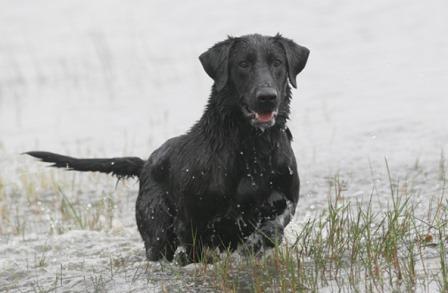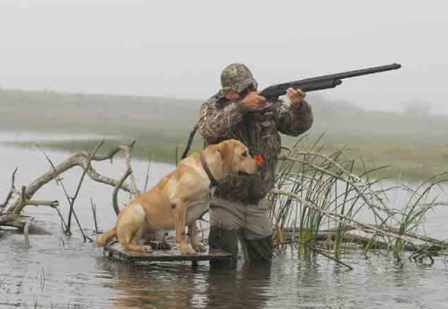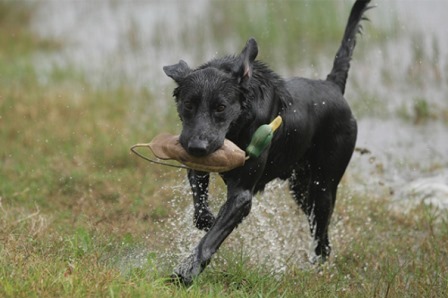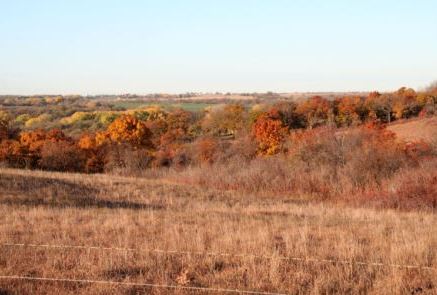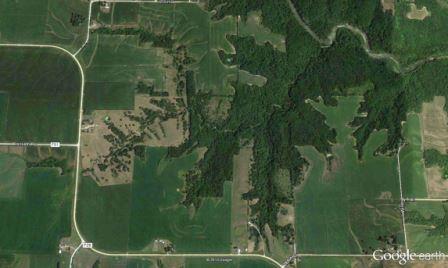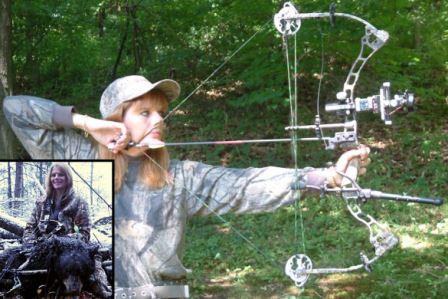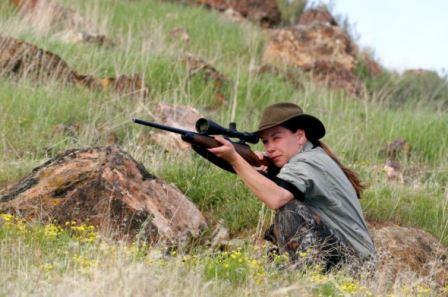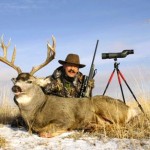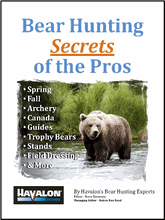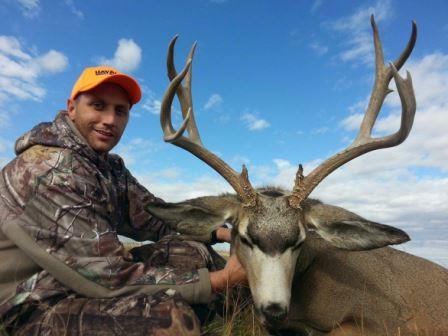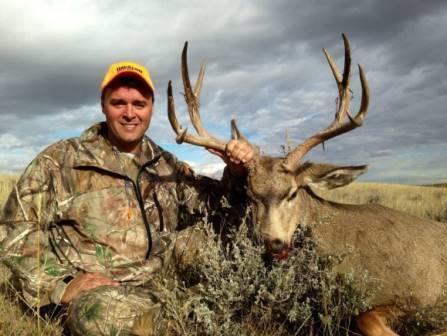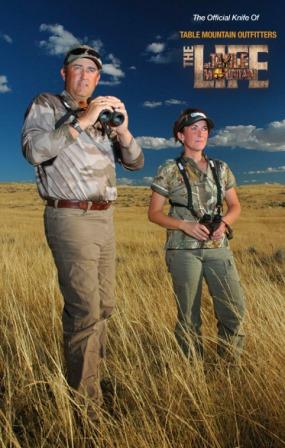By Tom Claycomb III
4 foolproof rules —
so you don’t leave anything behind!
How many times have you arrived at camp only to discover that you forgot something essential? Can opener? Compass? Some forgotten hunting supplies may be a slight inconvenience, but others are a deal breaker. Boots? Bullets? What if you forgot your rifle?
OK, before my wife rats me out, I’ll confess: just the other day I forgot to pack the peanut butter and jelly for a backpacking trip into the wilderness — and I even had a list. That was supposed to be lunch for the week. As things turned out it didn’t matter — something came into camp on the first night, gnawed into my hanging food bag and ate all my bread.

In the backcountry, we were 8 1/2 hours from a town, and that was a mountain town of only 900 people. When heading into wilderness like this, you can’t afford to be forgetful. (Photo: Tom Claycomb III)
Years ago an old buddy of mine gave me some sage advice. He said one night he witnessed one of his sons running around like a chicken with its head cut off, packing for an elk hunt he was leaving on first thing in the morning. He ended up forgetting at least five things in his hunting pack.
My friend then pulled out an elk hunting checklist from a filing cabinet and said, “I drew this up decades ago. It’s all of the necessary items I’ll need for a week of elk hunting, and it has saved me quite a few headaches.”
His advice has served me well. Here are a few things you can do to make sure your hunting bag is packed with all the right supplies for a successful hunting trip:
1. Make your lists, and check them twice!
I’m going to expand on the idea of a checklist and suggest you make one for all of your major outdoor pursuits — elk hunting, backpacking, Alaska fishing trips — whatever you do most often. It will save you a lot of heartache, and maybe even your life.
Even if you’re just going on a day hunt, it’s still important to make a small checklist for yourself. If you’re leaving for a weeklong hunt somewhere like in Idaho where I live, you may not have a town within 4-5 hours where you could run and grab some gear that you forgot. It’s times like these where a checklist really comes in handy.
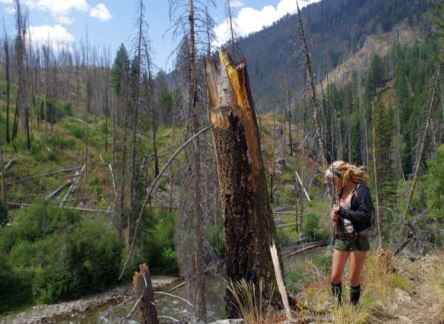
A trip into the wilderness is all about fun. A fishing rod, or anything else, can’t participate in the fun if you left it at home. (Photo: Tom Claycomb III)
2. Keep your gear packed!
You should also leave some of your hunting supplies packed. Build a camp box and leave all of your vital items in it. If you don’t, you’ll invariably forget a can opener, coffee pot or something you’d rather not live without. This ensures that everything is always together. If you own a camper, that really simplifies things.
In each of your packs you should also leave in an Adventure Medical Kit, extra compass, a package of moleskin, fire-starting supplies, poncho and any other lifesaving items. I always leave these bare essentials in all of my daypacks and backpacking packs. It’s also smart to keep string, a can opener and tie-down straps in every pack.
To simplify my fishing trips, I have separate tackle boxes for crappie fishing, bass fishing and salmon fishing. That way all I have to do is grab the proper box and I’ll have all the necessary lures. (Yes, for some species I may have three or four tackle boxes.) Of course, for fly fishing I leave all of my fly fishing gear in my fly vest.
Leaving the above items packed will save you a lot of misery, but for everything else go back to rule #1. Here’s why: I carry my .44 magnum on day hikes, backpacking, elk, deer, bear hunting and fishing trips — but who has six .44’s to put in six different packs? Same with rain gear and so forth. See what I mean? You still need to repack 90 percent of the items you’ll need for every trip. That’s why each pursuit needs its own list.
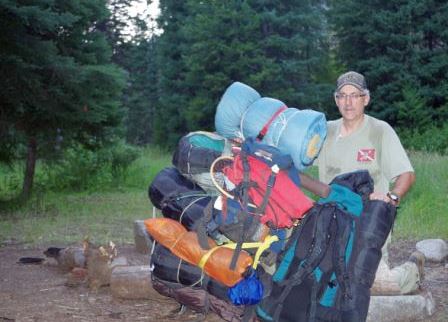
When you’re backpacking, every single item is important or you wouldn’t waste energy packing it in. And from the look on my face, you can see it does take energy! (Photo: Tom Claycomb III)
3. Start packing early!
Another thing I do is start packing at least one, if not two weeks ahead of time. Otherwise you’re doomed to forget something, or be scurrying around at midnight the night before you’re supposed to leave. I love my wife and kids, so the evening before a big trip I want to relax with them and not run around yelling because I’m in a sweat. I’d like to take them to dinner, watch a movie or just doodle with them. If you wait until the last second you’ll be running around in a tizzy yelling at everyone, and on the first day of your trip you’ll be ragged out from little sleep and a guilty conscience for yelling at your wife and kids. I don’t want that, and neither should you.
4. Visualize!
And finally, take about five minutes to visualize your whole trip while you’re packing. For instance, on a backpacking trip I try to visualize setting up camp. Do I have a tarp, tent, sleeping pad, sleeping bag? When I hit the stream, do I have my fly rod, net, fly vest? This always jogs my memory about something I was almost ready to forget.
From now on, use these four rules for packing a hunting bag so that by the time you get to camp you can avoid saying something like, “Oh no, I forgot the [insert forgotten item]!”
Tom lives in Idaho writes outdoor articles for various newspapers, magazines and websites. If it’s something outdoors, he probably likes it. You can read some more of his writings at: www.Amazon.com, www.TomClaycomb3.com, and www.BassPro.com.
Don’t forget to pack the sharpest
hunting and skinning knife out there —
the Havalon Piranta Stag! Now available in
green digital camo!
Click here:
3,922 total views, no views today




